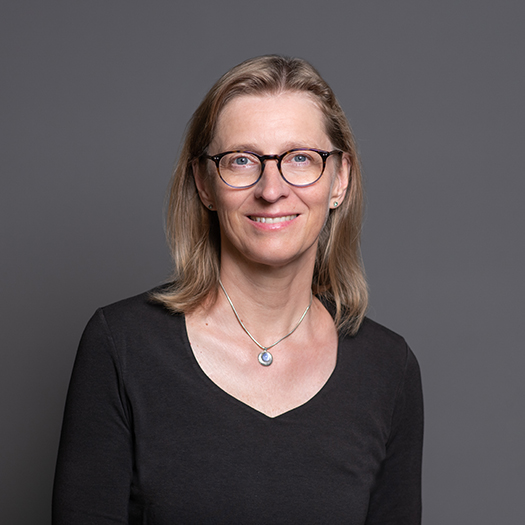Start-up Activity Reaches New Low
ResearchIAB-ZEW Start-up Panel: Decline Mainly in Manufacturing
The number of start-ups in Germany decreased by 13 per cent in 2022 compared to the previous year. The manufacturing industry experienced an even steeper decline of 16 per cent. The figures are also alarming in research-intensive industries such as chemistry, pharmaceuticals, and medical technology. This is the result of an evaluation of the IAB/ZEW Start-up Panel by researchers at ZEW Mannheim based on a representative survey of a total of around 5,000 young companies.
“Not only has the number of innovative companies decreased, but also the innovation projects of the surveyed companies have become less effective: With the same effort, fewer innovations are being developed,” explains Dr. Sandra Gottschalk, a researcher in ZEW’s “Economics of Innovation and Industrial Dynamics” Unit. “There is a downward trend in innovation activity, especially among young companies in the manufacturing industry.”
Fewer market novelties
While in 2018, 25 per cent of young companies in the manufacturing industry introduced market novelties, by 2022, this figure had dropped to only 21 per cent. Young companies in technology-intensive services and software development also lost innovation strength during the same period. The share of companies introducing market novelties in these sectors decreased from 19 to 15 per cent. When looking at all young companies, this trend is less pronounced, although the share also declined from 11 per cent in 2018 to nine per cent in 2022.
Manufacturing: declining employment and investment
In the manufacturing industry, around 47,000 full-time equivalent jobs were created in 2022. At its peak in 2017, this figure was still over 65,000 – a decrease of 28 per cent. In contrast, the service sector has seen growth. A similar trend is evident in investments, as the service sector is experiencing a clear upward trajectory over time. The dynamics in the manufacturing industry are moving in the opposite direction, with investment spending by young companies significantly declining. In 2017, 1.3 billion euros were invested, while in 2022, it was only 873 million euros. The share of investment spending in the total value of all young companies in the manufacturing industry has now dropped to 11 per cent.
When considering start-up activity, employment trends, and investment volume together, it becomes clear that the business structure of young companies is steadily shifting towards the service sector. This process is reinforced by the current economic crisis, which is characterised by high energy costs, supply chain disruptions and high pressure to innovate, especially in the manufacturing sector.
About the IAB/ZEW Start-up Panel
The IAB/ZEW Start-up Panel is a representative data sample providing information on business start-ups and new companies in Germany. The data serve as a suitable basis for describing and analysing the structure and development of start-ups. In terms of both sample size and the level of detail provided, the IAB/ZEW Start-up Panel is a unique data source and has already been used by a great number of publications and projects as a source of background information on the business situation and dynamics as well as on the development of funding instruments for start-ups in Germany.








